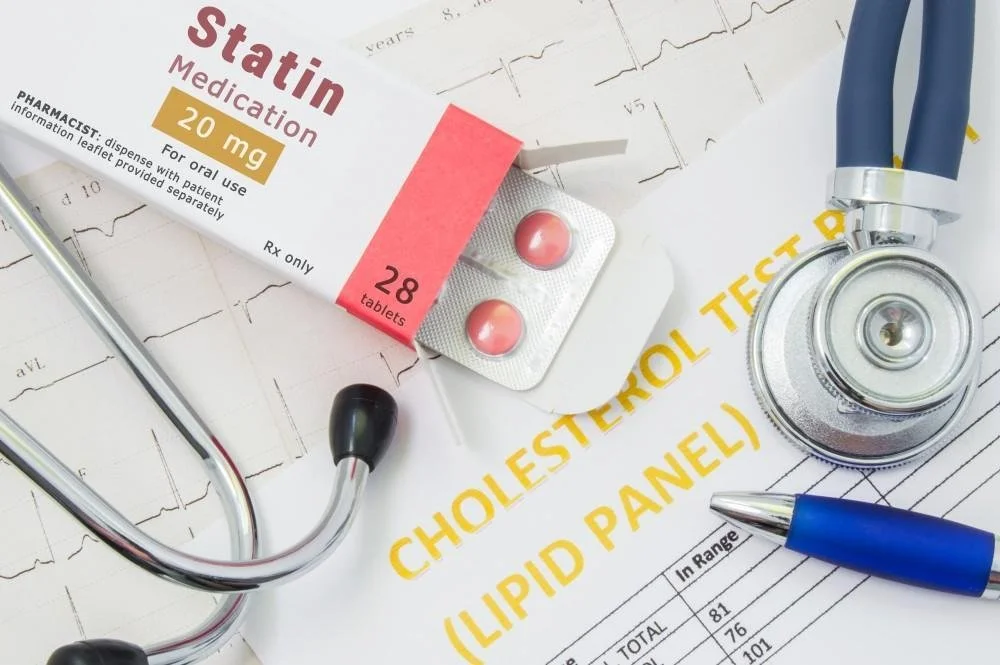LDL Cholesterol Lowering: Understanding the Implications for Dementia & Hemorrhagic Stroke
Lowering low-density lipoprotein cholesterol (LDL-C) is a key strategy in reducing the risk of atherosclerotic cardiovascular disease (ASCVD). However, concerns about very low LDL-C levels potentially increasing the risk of dementia and hemorrhagic stroke have persisted. Recent studies and guidelines provide clarity on these risks, offering reassurance to clinicians and patients alike.
Why Is LDL-C Lowering So Important?
Extensive evidence from randomized trials has shown that lowering LDL-C reduces the risk of ASCVD events. The greatest benefits are seen in those who achieve the lowest LDL-C levels and maintain them over time. Recent clinical trials and meta-analyses have reaffirmed these findings, highlighting the importance of aggressive LDL-C lowering for optimal cardiovascular health.
What Are The Guidelines and Targets?
Recent cholesterol guidelines emphasize achieving very low LDL-C levels, especially for high-risk individuals. The addition of nonstatin therapies to statins has shown significant improvements in ASCVD outcomes, even at LDL-C levels below 10 or 25 mg/dL. This approach is consistent across various patient demographics, including those with comorbidities such as chronic kidney disease and diabetes.
What About Cognitive Impairment and Dementia?
Concerns about cognitive decline and dementia related to low LDL-C levels have been largely refuted. Smaller studies had suggested potential risks, but larger randomized controlled trials (RCTs) have not supported these findings. For instance, the PROSPER trial and others have shown no increase in cognitive impairment with statin use. Additionally, studies involving PCSK9 inhibitors, which significantly lower LDL-C, have not demonstrated adverse effects on cognitive function.
And, Hemorrhagic Stroke?
The fear of increased hemorrhagic stroke (HS) risk with low LDL-C levels has also been addressed. Initial concerns arose from data suggesting higher HS risk in men with very low total cholesterol. However, more recent studies, including RCTs and meta-analyses, have not confirmed this association. For example, the SPARCL and TST trials, which examined the effects of atorvastatin, found no significant link between LDL-C reduction and HS. Moreover, PCSK9 inhibitor trials did not show increased HS risk even with LDL-C levels below 20 mg/dL.
What Are The Clinical Implications?
The findings from these studies support the aggressive lowering of LDL-C to very low levels without heightened concerns for dementia or hemorrhagic stroke. Current guidelines recommend targeting LDL-C levels below 55 mg/dL for high-risk patients. Clinicians should feel confident in pursuing these aggressive targets, as the benefits for cardiovascular health outweigh the unsubstantiated risks of cognitive decline and hemorrhagic stroke.
Aggressive LDL-C lowering is a cornerstone of ASCVD management. The robust evidence dispelling myths about the risks of cognitive impairment and hemorrhagic stroke at very low LDL-C levels should reassure clinicians and patients. Adhering to current guidelines and utilizing both statin and nonstatin therapies can significantly reduce cardiovascular events, ensuring better health outcomes.
Source
For a detailed exploration of the study and guidelines, visit the American College of Cardiology.

